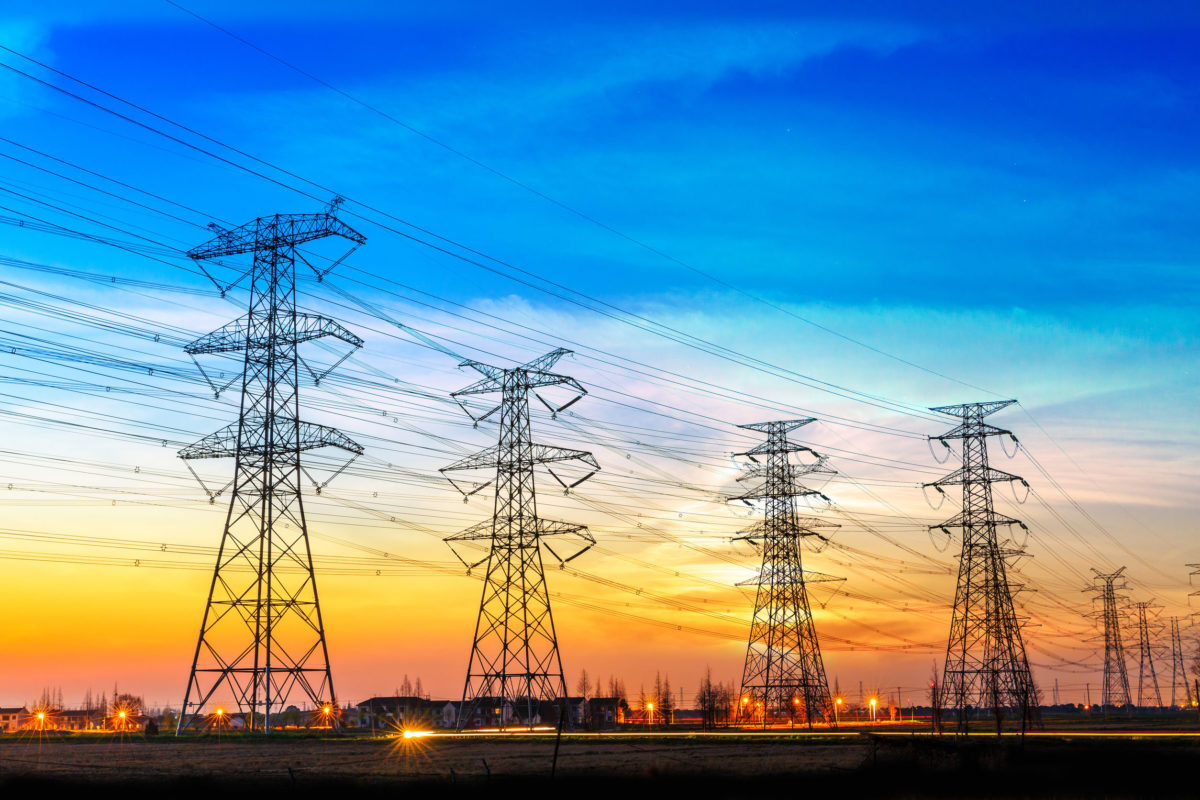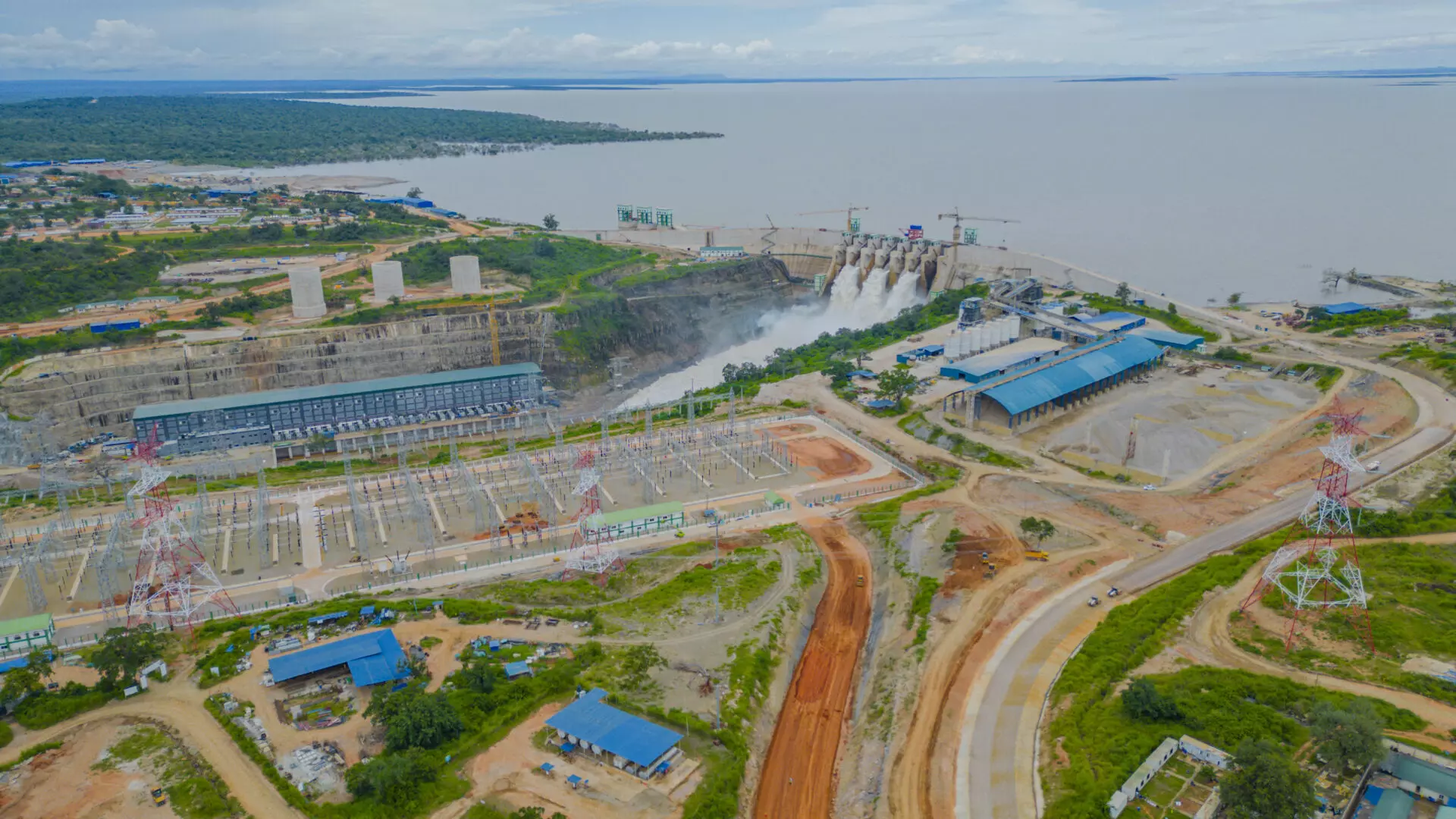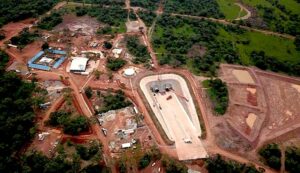Why the outlook for fixing Nigeria’s energy crisis isn’t good
Nigeria returned to democracy in 1999. But it took another 16 years for power to change hands, with the All Progressive Congress clinching the office of the presidency in 2015. Led by President Muhammadu Buhari, the new government had three priority areas: corruption, the economy and security.
The power sector is at the heart of the economy in Nigeria.
In its 2014 manifesto the party promised to expand electricity generation and distribution to supply 40,000 megawatts in four to eight years. It also said it would make power available from renewable energy sources, such as solar, hydro, wind and biomass, for domestic and industrial use.
There has been some development, including the completion of two hydroelectric power projects. The Geometric Power project has gas, coal and solar power plants. And the transmission network was expanded.
Yet, overall, progress remained slow. As he took office for his second term, Buhari made new promises. This time, the party’s manifesto said it would:
Generate, transmit and distribute from current 5,000–6,000MW to at least 20,000MW of electricity within four years and increasing to 50,000MW with a view to achieving 24/7 uninterrupted power supply within ten years, whilst simultaneously ensuring development of sustainable/renewable energy.
The 2019 presidential election returned Buhari to steer the country for the next four years. The hope was that the victory would ensure that he would be poised to contain and tackle the challenges of the country.
But the outlook for meeting the targets in the energy sector isn’t good. Households and businesses in Nigeria feel let down. For many Nigerians, power supply seems much the same as ever. Some even claim that the situation has become worse.
The biggest issue facing Nigeria remains that of energy poverty, which successive administrations since 1999 have not resolved.
This points to the need – as a matter of urgency – for the present administration to identify the shortcomings of current policies. It must simultaneously develop policy options that will improve energy efficiency.
Policy and interventions
One way the government hopes to achieve its promises is through the Power Sector Recovery Programme. This was set to run from 2017 to 2021. It covers a series of policy actions and operational, governance and financial interventions.
The government has started the first phase of independent power supply to all federal universities in the country. It is doing the same for about seven teaching hospitals. The benefits of this effort to the education and health sectors cannot be overstated.
But progress has been slow in the oil and gas sectors. Promises to speed up the Petroleum Industry Bill and ensure local content issues were fully addressed have not been met. The purpose of the bill was to improve transparency, attract investors, and stimulate economic growth and government revenues.
The bill has not yet been signed into law.
There have also been plans to rehabilitate four existing local refineries utilising funds from a project financing model. This would ensure local production above 90%, which largely matches domestic consumption. But the Nigerian National Petroleum Corporation had an operating loss of N82bn at the close of the 2017 financial year. The country also relies heavily on imported fuel, which often leads to fuel scarcity. So the current energy policies for the oil and gas sector are no more effective today than they were five years ago at meeting the energy needs of Nigerians.
What next
I conclude from my analysis of Nigeria’s energy sector that the outcome of the 2019 presidential elections is likely to have little impact on Nigeria’s energy policies. There are doubts about Buhari’s ability to make significant progress, particularly in areas of accountability, alternative energy and institutional rearrangement. This means that energy poverty will remain unresolved.
Although the incumbent president has been re-elected and may succeed in improving energy supply, overall energy policies will be relatively unaffected. This suggests that current energy policies in Nigeria are not likely to change over the next four years.
This, plus the fact that no steps have been taken to unbundle or privatise the state-owned Nigerian National Petroleum Corporation, means that energy companies in Nigeria might find it difficult to get affordable fuel supplies. This could negatively affect their investments. They will need to be ready for tough times ahead.
Buhari needs to make more judicious use of Nigeria’s petroleum revenue and to consider the advantages of alternative energy over fossil fuel use for power generation. More importantly, he should initiate energy policies that have a positive impact on the lives of all Nigerians.
Finally, changing or developing energy policies alone, without the requisite financial, fiscal, political, legislative and technological support, alongside a positive environment, may be ineffective. A comprehensive approach is needed that builds on the inputs from all energy stakeholders in the country.
This article is republished from The Conversation under a Creative Commons license. Read the original article.
Share this content:















Post Comment